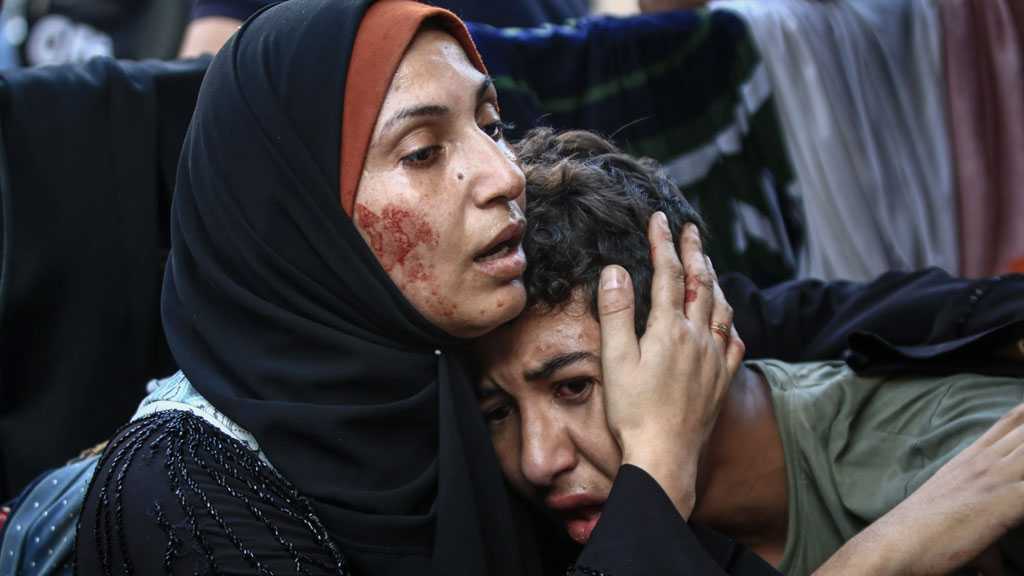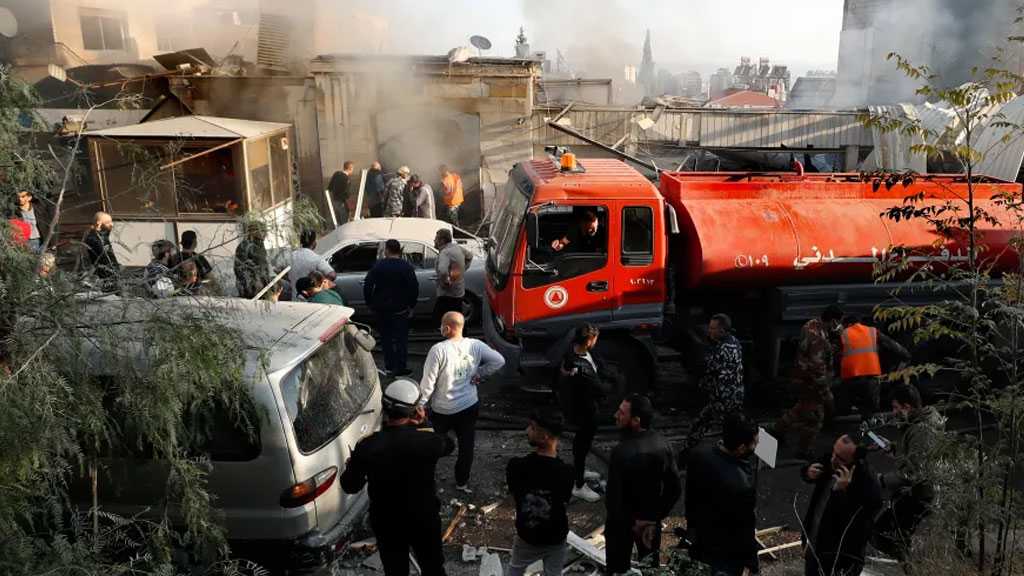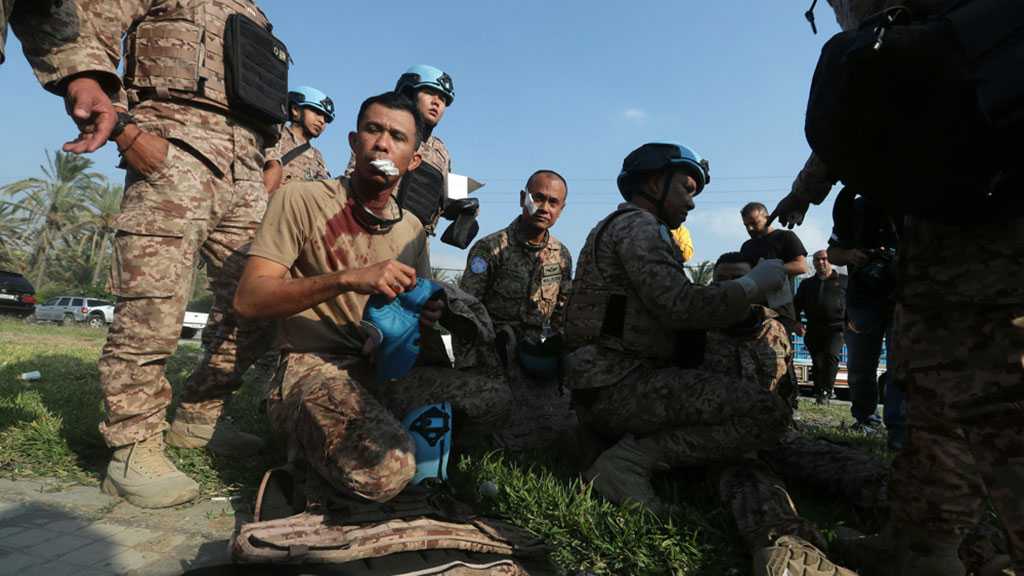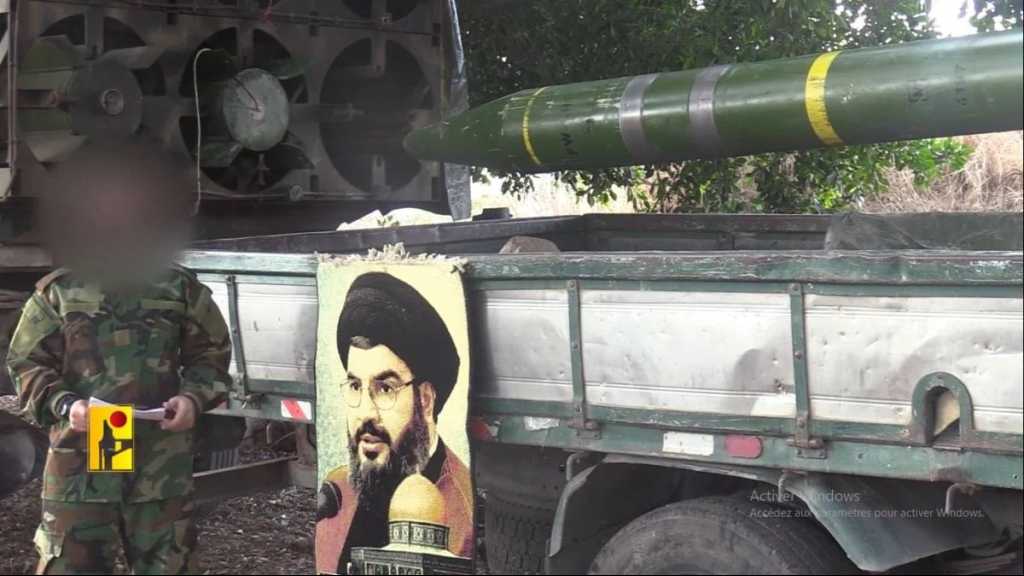CNN: Hezbollah Surprised Observers, Not to Be Defeated Easily
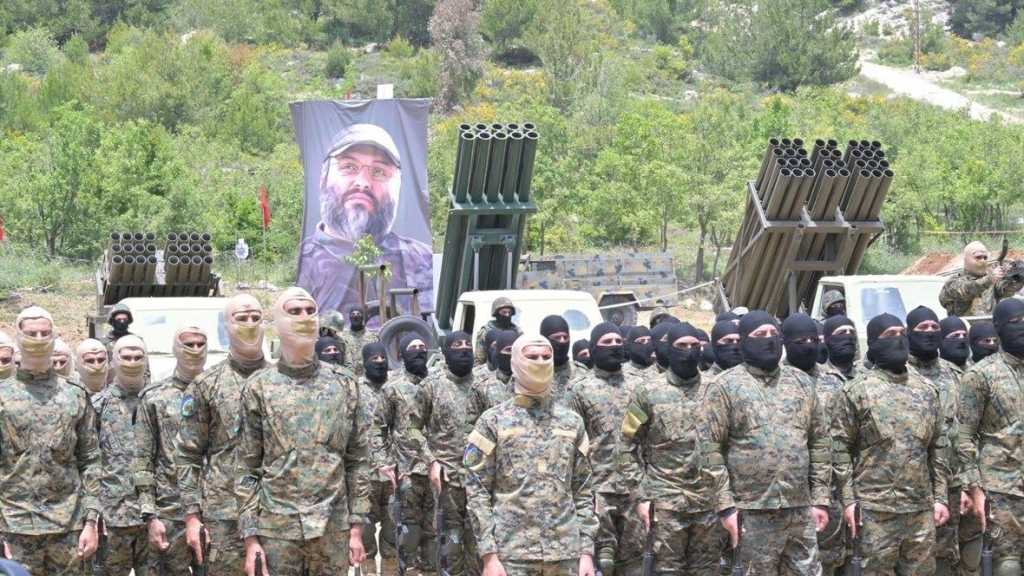
By Staff, Agencies
CNN reported on Saturday that the expectations in “Israel” is clear: If ‘Israel’ ends up sending more troops to southern Lebanon, it could get bloody.
“We have been in a war situation for the past year, but after the army entered into Lebanon, our services and all of the staff are ready for, unfortunately, the next wave of casualties,” Ziv hospital’s director, Salman Zarka stated.
When the “Israeli” launched a ground invasion against Hezbollah in southern Lebanon last week, its commanders insisted any action across the border would be “limited” in both geographical scope and duration. But the reality on the ground indicates it might be preparing for the possibility of a much bigger war.
The “Israeli” said on Tuesday that units from four divisions are now fighting in southern Lebanon. The force doesn’t disclose its troop numbers, but each division is thought to consist of some 10,000 to 20,000 soldiers.
Daniel Sobelman, an international security expert at the Hebrew University of “Jerusalem” told the CNN that “Hezbollah infrastructure doesn’t stop a few hundreds of meters or even a few kilometers in, it stretches out all the way to Beirut, into northern Lebanon, into the Beqaa Valley. If ‘Israel’ really wants to clean up that area, then we would be looking at a very long-term operation.”
At least 14 “Israeli” soldiers have been killed. Zarka told CNN there has also been a steady stream of injured soldiers coming to the hospital since the ground operation started – the hospital received well over 100 in just the first few days, he said.
The level of resistance from Hezbollah has surprised many observers given that “Israel” has recently killed nearly the entire leadership of group, including its Swcretary General [Sayyed] Hassan Nasrallah.
At the same time, Hezbollah continues to fire rockets into “Israel” on a regular basis.
Several “Israeli” soldiers who are currently fighting in Lebanon told CNN the open, mountainous terrain where their enemy is at home makes the operation difficult.
One soldier, who was deployed to Gaza from October to March and in July and August and who is now fighting in southern Lebanon, said the war along the northern border is very different to what he experienced in Gaza.
“The challenge is not that Hezbollah is more equipped by Iran or have more training. The challenge is the switch in the head from months of fighting in an urban territory versus fighting in an open area territory,” he said, adding that even the most basic maneuvers – including the way soldiers move around in a column – are completely different.
On paper, “Israel’s” army has more advanced and sophisticated weapons, a significantly higher number of troops, better intelligence and stronger allies.
But the soldier who spoke with CNN said these advantages don’t count for much in the type of fighting that is going on in the hills of southern Lebanon, where superior weaponry counts for less.
Sobelman, the security expert, said “Israel” had a similar experience in the 2006 war with Hezbollah.
“Hezbollah were up against the strongest military in the Middle East, there were literally hundreds of ‘Israeli’ air raids per day, and artillery, and all the capabilities that a modern, advanced military has to offer. And they were not defeated. They survived. And throughout the entire ‘Israeli’ offensive, Hezbollah was able to fire hundreds of rockets into ‘Israel’ every day,” he said.
Sobelman said that after the 2006 fiasco, “Israel” had spent almost two decades preparing for its next confrontation with Hezbollah.
“The assumption has been that the next war is going to be with Hezbollah, not Hamas. No one on Earth probably imagined a scenario along the lines of October 7. Instead, ‘Israel’ invested almost two decades preparing itself for what we’ve seen over the past several weeks – and in terms of ‘Israel’s’ intelligence penetration of Hezbollah, it’s astounding.”
But while Israel has managed to kill several of Hezbollah’s top figures and inflicted much damage on the group’s rank-and-file members using exploding pagers and walkie-talkies, as well as airstrikes that have also claimed civilian lives, the “Israeli” army continues to face fierce resistance in southern Lebanon.
Because Hezbollah has been preparing for this war as well.
“The expectation is that Israel will win this war without paying too high a price. But that’s never the case with guerilla warfare,” Sobelman said, adding that Israel is fighting on a territory that Hezbollah knows much better and that its opponent is determined to inflict as many losses on the “Israeli” army as possible.
“They’re entrenched in underground facilities and they’re playing a defensive game,” he said of Hezbollah’s fighters. “And it doesn’t matter how many of them you kill, still (in a guerilla war) the weaker side ultimately wins by imposing a sustained accumulation of costs.”
He said this is exactly what happened in 2006, when “Israel” was not able to achieve a decisive victory despite its superior capabilities.
But some in “Israeli” society are not so sure going into Lebanon is a good idea. Several “Israelis” living in the northern parts of “Israel” told CNN last week that they fear a ground war could become very deadly.
And some, like Itamar Greenberg, are prepared to go to prison in protest against the war. The 18-year-old is a conscientious objector, or “refusenik.”

